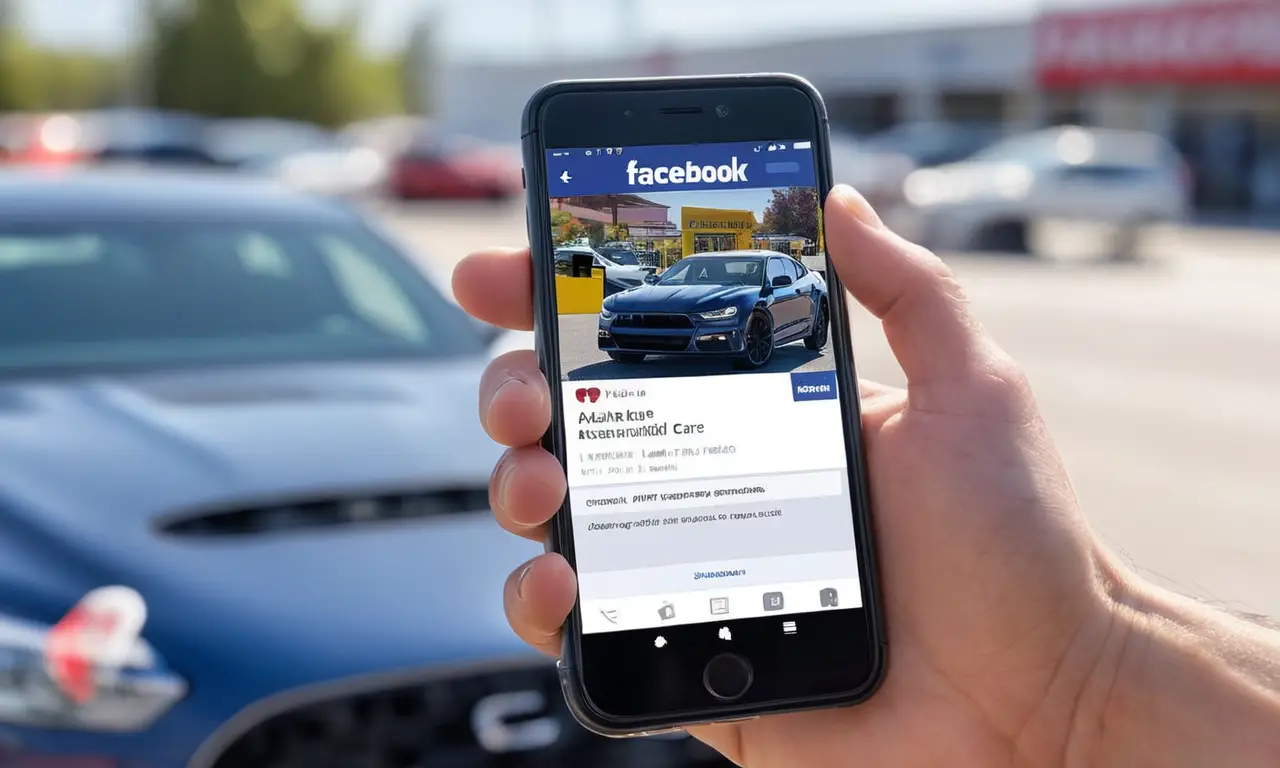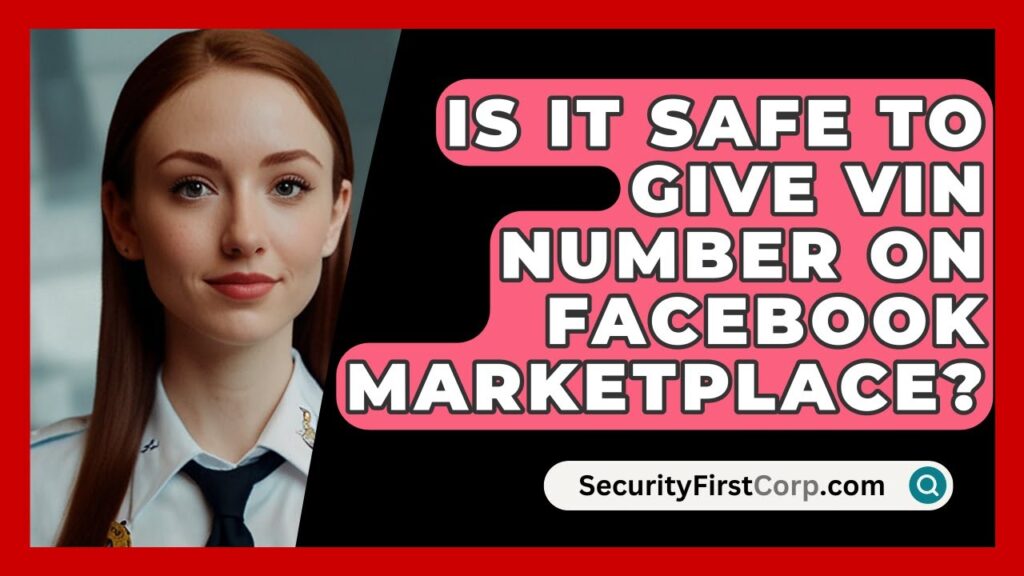Selling your car online can be convenient, but it’s crucial to prioritize safety. Platforms like Facebook Marketplace offer a wide reach for potential buyers, but they also present risks if you’re not careful. One piece of information that should never be shared publicly is your vehicle identification number (VIN). While it seems harmless, disclosing your VIN online can open the door to serious security threats. This article will delve into the dangers of sharing your VIN on Facebook Marketplace and provide practical tips to protect yourself from identity theft and vehicle fraud.
This guide will explore the specific risks associated with sharing your VIN on Facebook Marketplace, explain how this information can be used for malicious purposes, and outline effective strategies to safeguard your personal and automotive data.
Facebook Marketplace Risks
Facebook Marketplace, while popular for buying and selling goods, lacks robust security measures compared to dedicated car-selling platforms. This makes it more vulnerable to scams and fraudulent activities. When you list your vehicle on Marketplace, you’re essentially broadcasting information about your car and potentially yourself to a vast audience, including individuals with malicious intent.
One significant risk is encountering scammers who pose as legitimate buyers. They may contact you expressing interest in purchasing your vehicle and request your VIN for “verification” purposes. However, they will likely use this information to steal your identity or commit other fraudulent acts. Remember, reputable buyers will not pressure you to share sensitive information like your VIN before establishing trust and engaging in secure communication channels.
Another risk is the potential for your listing to be hijacked by scammers. They may create a fake listing using your car’s details and your VIN, then attempt to defraud unsuspecting buyers. This can damage your reputation and lead to legal complications. Always be cautious about sharing any personal information on Marketplace and verify the legitimacy of potential buyers before engaging in transactions.
VIN Security Concerns

Your VIN is a unique identifier assigned to every vehicle manufactured worldwide. It contains crucial information about your car’s make, model, year, and other specifications. This makes it a valuable asset for criminals who can use it for various illicit purposes.
Identity theft: Scammers can use your VIN to access your personal information, such as your name, address, and driver’s license number, through databases that link VINs to owner details. They can then use this information to open credit accounts in your name, apply for loans, or even steal your identity altogether.
Vehicle fraud: Your VIN can be used to register stolen vehicles under your name, making it difficult to track down the actual thieves. It can also be used to commit insurance fraud by claiming ownership of a vehicle that has been damaged or stolen.
Identity Theft Prevention
Protecting yourself from identity theft requires vigilance and proactive measures. Avoid sharing any personal information online unless you are certain of the platform’s security and the legitimacy of the recipient. Be wary of unsolicited requests for sensitive data, such as your VIN, social security number, or bank account details.
Use strong passwords and enable two-factor authentication on all your online accounts to add an extra layer of security. Regularly monitor your credit reports for any suspicious activity and report any unauthorized access immediately. Consider using a credit monitoring service to receive alerts about potential identity theft attempts.
Vehicle Fraud Protection

To safeguard against vehicle fraud, be cautious when selling your car online. Never share your VIN with anyone you don’t trust completely. Verify the identity of potential buyers through official channels and conduct thorough background checks if necessary.
When meeting with potential buyers, choose a safe and public location for the transaction. Have a trusted friend or family member present during the meeting. Always insist on a secure payment method, such as a cashier’s check or escrow service, to protect yourself from fraudulent transactions.
Secure Communication Practices
When communicating with potential buyers on Facebook Marketplace, stick to the platform’s built-in messaging system for added security. Avoid sharing your personal phone number or email address publicly. Be cautious about clicking on links or downloading attachments from unknown senders, as they may contain malware or phishing attempts.
If you receive any suspicious messages or requests, report them to Facebook Marketplace immediately. Remember, it’s always better to err on the side of caution when dealing with online transactions.
Conclusion
Sharing your VIN on Facebook Marketplace can expose you to significant security risks, including identity theft and vehicle fraud. By understanding the potential dangers and implementing the safety measures outlined in this article, you can protect yourself from becoming a victim of these scams. Remember, it’s always better to err on the side of caution when sharing sensitive information online.



